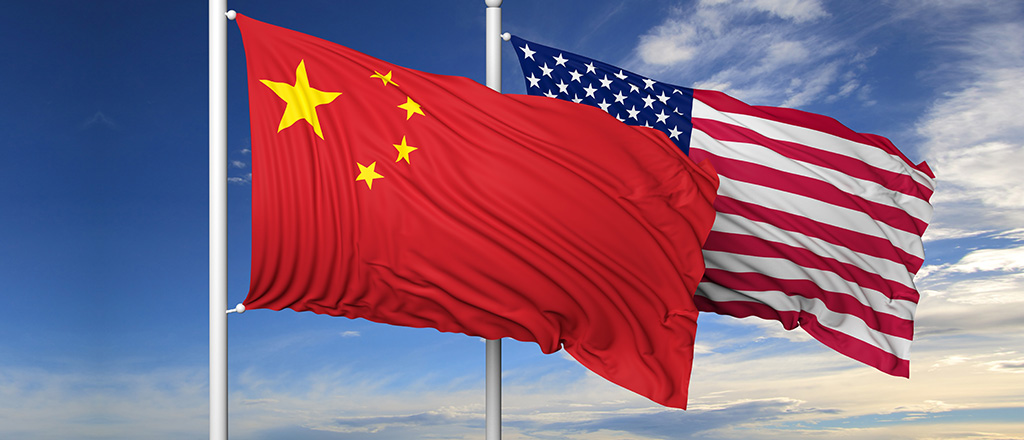China has announced plans to impose an additional 34 percent tariff on all products imported from the United States, effective April 10, according to a statement released Friday by the Customs Tariff Commission of the State Council. The decision marks a sharp escalation in the ongoing trade dispute between the two economic powerhouses and comes as a direct countermeasure to recent U.S. tariff policies.
The move follows the United States’ decision to levy what it called “reciprocal tariffs” on Chinese exports, a policy that China’s tariff commission criticized as non-compliant with international trade regulations. In its official announcement, the commission stated that the U.S. action “does not conform to international trade rules, seriously undermines China’s legitimate rights and interests, and represents a typical act of unilateral bullying”, the Xinhua reported.
“This is a necessary step to defend our nation’s economic interests,” a commission spokesperson said, as reported by Xinhua. The new tariffs will affect all U.S. goods entering China, ranging from agricultural staples like soybeans and pork to industrial products such as machinery and electronics. While specific figures on the economic impact remain speculative at this stage, the blanket tariff hike is expected to significantly disrupt trade flows between the two countries.
The U.S. tariffs that prompted China’s retaliation were introduced earlier this year, with American officials citing concerns over trade imbalances and unfair Chinese trade practices. However, Beijing has dismissed these claims, framing the U.S. measures as an attempt to stifle China’s growth. The commission’s statement accused the United States of engaging in “unilateral bullying,” a charge that underscores the deepening rift between the two nations.
This latest exchange of tariffs builds on a years-long trade war that has seen both sides impose successive rounds of duties on each other’s goods. The Xinhua report did not specify additional measures beyond the 34 percent tariff increase, but Chinese officials hinted at readiness to respond further if the situation escalates. “China reserves the right to take all necessary actions to protect its sovereignty and economic stability,” the commission noted.
With the implementation date set for April 10, businesses in both countries are preparing for the fallout. U.S. exporters, particularly in agriculture and manufacturing, face the prospect of reduced competitiveness in China’s vast market, while Chinese importers may pass on higher costs to consumers. As tensions persist, the global economy watches closely, wary of the ripple effects from this latest chapter in the U.S.-China trade saga.
A global media for the latest news, entertainment, music fashion, and more.





